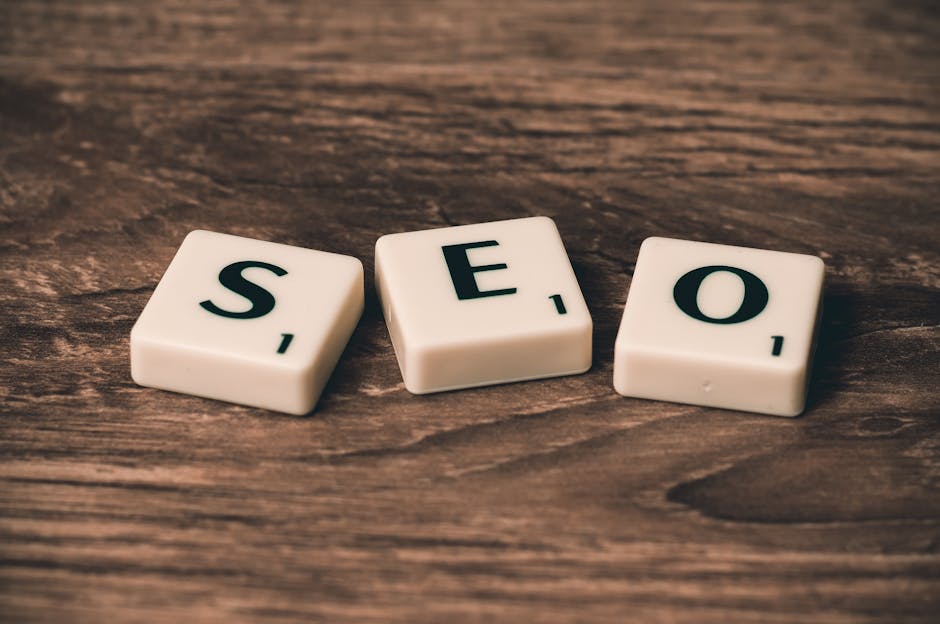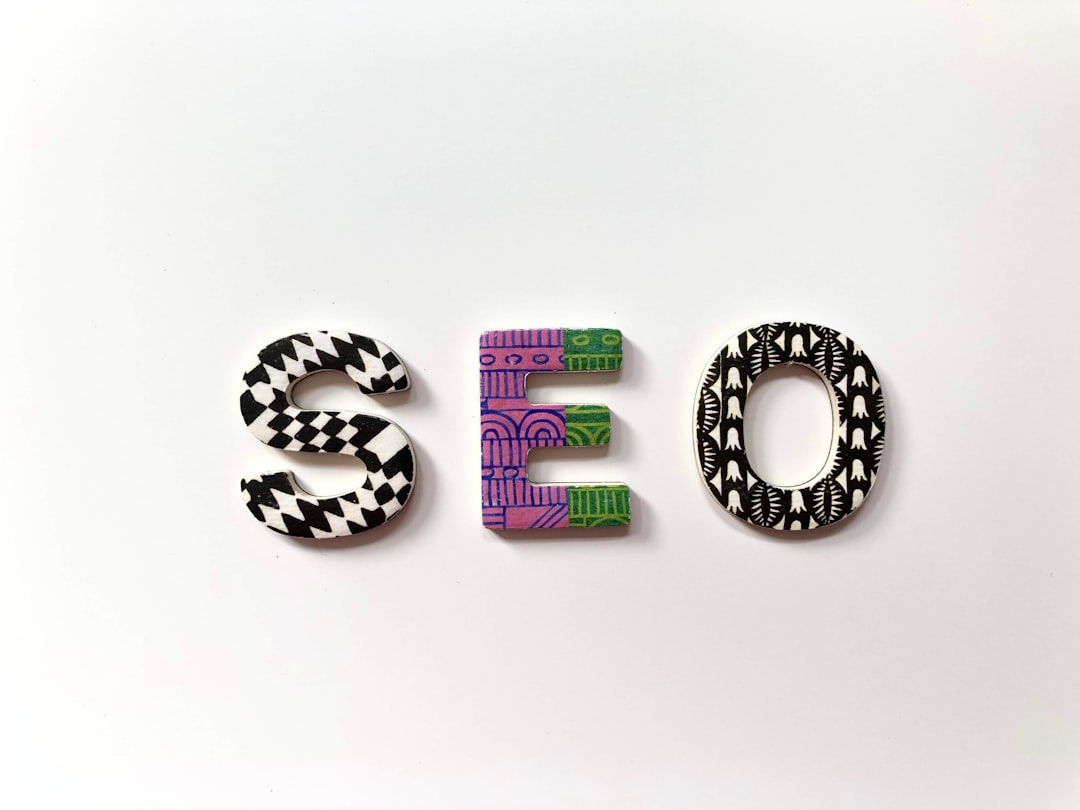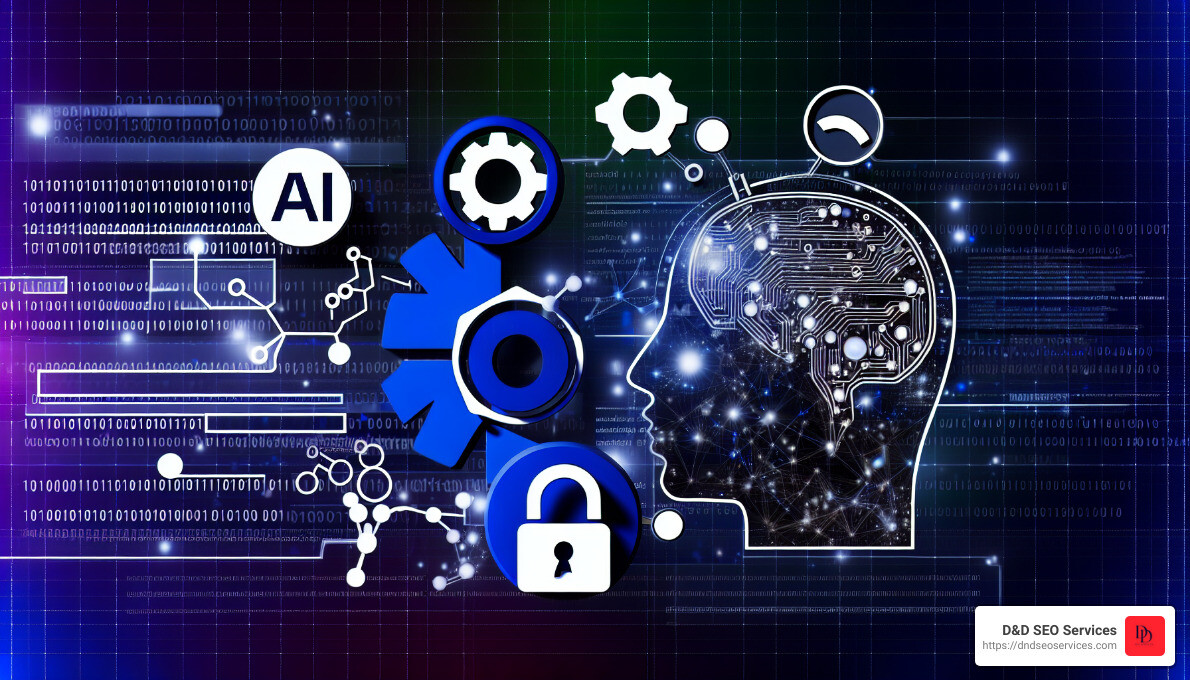Artificial intelligence search engine optimization is revolutionizing how businesses like yours can grow their online presence. AI-driven techniques are reshaping traditional SEO tactics, making them more dynamic and efficient. Here’s a quick glance at how artificial intelligence is altering SEO:
- Understanding User Intent: AI helps search engines grasp what users truly want, going beyond keywords.
- Content Improvement: AI tools help create and optimize content that’s relevant and engaging.
- Automated Insights: AI can analyze data to improve site performance automatically.
The impact of AI on SEO is undeniable. Imagine trying to drive a car blindly in the fast lane—that was SEO before AI. Now, AI acts like a GPS, guiding businesses through the complexities of search algorithms and user intent. As artificial intelligence continues to evolve, it’s turning SEO into a more refined and potent strategy.
With tools that decode user behavior and trends in milliseconds, AI isn’t just changing the SEO game; it’s writing new rules. But despite AI’s prowess, human creativity remains irreplaceable, crafting content that resonates on a genuine level.
Embracing AI in your SEO efforts is no longer optional. It’s essential for local business owners looking to get ahead in the competitive digital marketplace.
The Role of AI in Search Engine Optimization
Artificial intelligence is changing search engine optimization by integrating machine learning and natural language processing (NLP) into search algorithms. These technologies help search engines like Google understand and rank content more effectively.
Machine Learning and SEO
Machine learning allows search engines to learn from data patterns and improve over time. One of the most well-known applications is Google’s RankBrain. This AI system helps Google process search queries by understanding the context and intent behind them, rather than just matching keywords. Imagine it as a smart assistant that knows what you’re looking for, even if you don’t phrase it perfectly.
Natural Language Processing
Natural language processing is another key player in AI-driven SEO. It enables search engines to interpret the meaning behind words and phrases, considering context, cultural nuances, and user behavior. This shift from simple keyword matching to understanding language intricacies means content must be more relevant and engaging to rank well.
For instance, if someone searches for “best places to eat in New York,” NLP helps the search engine understand that the user is looking for restaurant recommendations, not just information about New York or food in general.
RankBrain’s Impact
RankBrain has changed the SEO landscape significantly. It prioritizes user intent and context, making it crucial for content creators to focus on quality and relevance. This AI system analyzes user interactions and adjusts rankings based on what it learns, ensuring that the most useful and engaging content appears at the top.
In short, artificial intelligence search engine optimization is about creating a seamless experience for users by understanding their needs and delivering the best possible results. As AI continues to evolve, it will further refine these processes, making SEO more dynamic and effective.
With AI at the helm, businesses can better align their strategies with user intent, ensuring their content not only reaches but resonates with their target audience.
Changing Content Strategies with AI
Artificial intelligence is reshaping how we create content. Generative AI tools are stepping in to assist with content creation, offering a way to overcome writer’s block and streamline the process.
The Rise of Generative AI
Generative AI can draft blog posts, articles, and even social media captions. It’s like having a virtual assistant that helps you get started. These tools can suggest headlines, create outlines, and even write full paragraphs. HubSpot Content Assistant is one such tool that can help you generate keyword-optimized content within its ecosystem.
But remember, AI is not here to replace human creativity. It’s a tool to improve it.
Human Creativity Meets AI
While generative AI can produce content quickly, it lacks the human touch. AI-generated content can sometimes feel robotic or miss the emotional nuance that a human writer can provide. This is where human creativity comes in.
Content creators should use AI as a starting point. They can then add their unique insights, stories, and voice to make the content truly engaging.
Here’s a quick way to think about it:
- AI for efficiency: Automate routine tasks and generate drafts.
- Humans for creativity: Infuse content with emotion, empathy, and originality.
Balancing AI and Human Efforts
For effective artificial intelligence search engine optimization, it’s crucial to strike a balance between AI efficiency and human creativity. AI can handle data analysis and suggest improvements, but humans must ensure the content aligns with the brand’s voice and connects with the audience.
By leveraging AI, content creators can focus more on crafting meaningful stories and less on mundane tasks. This synergy leads to content that not only ranks well but also resonates with readers.
As AI continues to evolve, content strategies will need to adapt. It’s about using AI to improve, not replace, the human element in content creation.
Next, we’ll explore how AI tools are revolutionizing SEO by automating tasks, analyzing data, and refining keyword research.
AI Tools Revolutionizing SEO
Artificial intelligence is changing the landscape of SEO, making it more efficient and effective. Let’s explore how AI tools are reshaping the industry through automation, data analysis, and keyword research.
Automation: Streamlining SEO Tasks
AI tools are excellent at automating repetitive and time-consuming SEO tasks. By handling these routine tasks, AI allows SEO professionals to focus on strategy and creativity. For example, Alli AI automates on-page SEO by optimizing links, image alt texts, and site speed. This kind of automation not only saves time but also reduces the risk of human error.
Imagine being able to implement thousands of SEO recommendations with a single click. That’s the power of AI-driven automation in SEO.
Data Analysis: Turning Insights into Action
Data is at the heart of effective SEO, and AI excels at analyzing vast amounts of it quickly. Tools like Semrush Copilot provide insights into content performance, competitor activity, and keyword rankings. This helps businesses make informed decisions and adjust their strategies promptly.
AI can identify patterns and trends that might be missed by human analysis. With these insights, businesses can refine their SEO tactics and stay ahead of the competition.
Keyword Research: Finding the Right Words
Keyword research is crucial for SEO success, and AI tools make this process faster and more precise. Using AI, tools like the Keyword Magic Tool from Semrush can generate personalized keyword data based on search intent, volume, and difficulty.
AI can also identify keyword variations and suggest the best ones to target for improved search rankings. This ensures that content is not only relevant but also optimized for maximum visibility.
By leveraging AI for keyword research, businesses can target the right audience and improve their chances of ranking higher on search engine results pages.
It’s clear that AI tools are indispensable for modern SEO strategies. They offer a way to automate tasks, derive actionable insights from data, and optimize keyword strategies effectively. Next, we’ll explore how adapting SEO strategies for the AI era can improve user intent and personalization.
Adapting SEO Strategies for the AI Era
In the AI era, search engine optimization is not just about ranking higher. It’s about understanding and meeting user intent.
Focusing on User Intent
User intent is the why behind a search query. AI tools, like Google’s RankBrain, help decipher this intent by analyzing user behavior and search patterns. This means your content should aim to answer questions, solve problems, or fulfill needs that users have. By focusing on what users are really looking for, you can create content that resonates and ranks well.
Personalization: Making It About the User
Personalization is crucial in today’s SEO strategies. AI-driven tools can analyze user data to deliver customized content experiences. For instance, AI can tailor content based on a user’s location, search history, and even the time of day. This level of personalization makes your content more relevant, increasing the chances of engagement and conversion.
Consider using AI to segment your audience and deliver personalized content that speaks directly to their needs and interests. This approach not only improves user satisfaction but also boosts your SEO performance.
Embracing AI-Driven Tools
AI tools are your ally in this new SEO landscape. They automate tedious tasks and provide insights that help refine your strategy. For example, AI-powered keyword research tools can identify high-potential keywords that align with user intent. This ensures your content is optimized for what users are actually searching for.
Moreover, AI tools can perform technical audits, monitor backlinks, and track rankings across different devices and locations. This comprehensive analysis helps you stay on top of your SEO game and adapt quickly to changes.
In summary, adapting to the AI era means embracing tools that improve understanding of user intent and enable personalization. By doing so, you’ll not only improve your search rankings but also create a more engaging experience for your audience.
In the next section, we’ll address common questions about artificial intelligence search engine optimization to clear up any lingering doubts.
Frequently Asked Questions about Artificial Intelligence Search Engine Optimization
How is AI used in SEO?
Artificial intelligence search engine optimization is changing how we approach SEO. AI is used in multiple ways to streamline and improve SEO efforts:
- Data Analysis and Pattern Recognition: AI tools can sift through massive amounts of data to identify trends and patterns that might be missed by human analysts. This includes understanding user behavior, search patterns, and even predicting future trends.
- Content Optimization: AI helps in optimizing content by suggesting improvements based on user intent and search engine algorithms. Tools like Google’s RankBrain use machine learning to understand the context and relevance of content, ensuring it meets user needs.
- Automated Keyword Research: AI-powered tools can identify high-potential keywords by analyzing search data and competition. This allows marketers to target keywords that align with user intent, improving the chances of ranking higher in search results.
- Personalization: AI can deliver personalized content experiences by analyzing user data such as location, search history, and preferences. This makes content more relevant and engaging for each user, enhancing SEO performance.
Is SEO going to be replaced by AI?
No, SEO is not going to be replaced by AI. Instead, AI is enhancing and evolving the practice of SEO. While AI automates many tasks and provides valuable insights, human creativity and strategic thinking remain essential. SEO professionals use AI tools to gain deeper insights and make data-driven decisions, but they still need to develop strategies that align with business goals and user needs.
AI is a tool that complements SEO efforts, making them more efficient and effective. It helps in understanding user intent, optimizing content, and automating repetitive tasks, but it does not replace the need for human expertise and creativity.
What is the best AI tool for SEO?
Choosing the best AI tool for SEO depends on your specific needs and goals. There are several powerful AI tools available, each with unique features:
- HubSpot AI Tools: Known for integrating seamlessly with existing tech stacks, HubSpot offers a suite of AI tools designed to improve content creation and SEO strategy. These tools help in keyword research, content optimization, and performance tracking.
- ClickFlow: This tool is excellent for predictive analytics and A/B testing, allowing you to see how SEO changes might impact performance before implementing them.
- Ahrefs and Semrush: While not exclusively AI tools, these platforms have integrated AI features that assist in keyword research, backlink analysis, and technical SEO audits.
The best AI tool for you will depend on your specific requirements, budget, and existing tech infrastructure. It’s important to test different tools and see which ones align best with your SEO strategy and business goals.
In the next section, we’ll explore the future of AI in SEO and how D&D SEO Services can help you steer this evolving landscape.
Conclusion
As we look to the future, it’s clear that artificial intelligence search engine optimization is not just a passing trend—it’s the new standard for digital marketing. AI is reshaping the SEO landscape by making it more efficient, personalized, and user-centric. From advanced data analysis to precise content optimization, AI tools are helping businesses understand and meet user intent like never before.
But here’s the thing: while AI is powerful, it doesn’t replace the human touch. It’s a tool that complements our expertise, allowing us to make smarter decisions and create more meaningful content. This is where D&D SEO Services shines. We specialize in integrating AI with proven SEO strategies to give your business a competitive edge in local search results.
Our approach is simple yet effective. We use AI-powered tools to improve your search visibility and automate lead management, ensuring your business stands out in local searches. This means more engagement, more customers, and ultimately, more growth for your business.
Are you ready to accept the future of SEO with AI? Learn more about how D&D SEO Services can help you steer this exciting landscape.
In conclusion, the future of SEO is undoubtedly AI-driven. But it’s the combination of AI’s capabilities and human creativity that will truly transform your digital marketing efforts. At D&D SEO Services, we’re excited to help you harness the power of AI to achieve your business goals. Let’s accept this digital revolution together!









